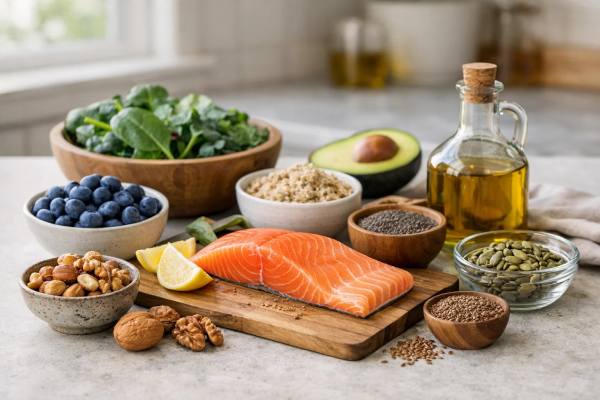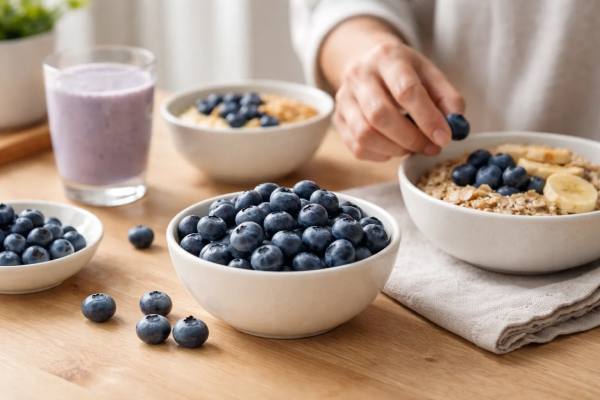Autism Masking in Adults: Signs, Costs, and How to Get Support
Autism masking is the effort many autistic adults make to appear “less autistic” in order to fit in, stay safe, or meet expectations. It...
Autism vs ADHD: Similarities, Differences, and Overlap
Autism and ADHD are different neurodevelopmental conditions, yet they can look surprisingly similar in everyday life—especially in adults who have learned to compensate. You...
Autistic Burnout: Signs, Causes, and Recovery Strategies
Autistic burnout is more than ordinary tiredness. It is a state of deep exhaustion and reduced capacity that can affect thinking, sensory tolerance, communication,...
Avoidant Attachment: Why Closeness Feels Overwhelming and What Helps
If closeness feels good in theory but tight in practice, you are not alone. Avoidant attachment is a common pattern where intimacy can trigger...
Bed Rotting: Restorative Reset or Avoidance? How to Tell
“Bed rotting” usually means staying in bed for long stretches while scrolling, watching videos, snacking, or drifting in and out of sleep—often as a...
Bed Rotting vs Rest: When It’s Recovery and When It’s Depression
“Bed rotting” is a catchy name for something many people quietly do: staying in bed for long stretches while scrolling, watching shows, napping, or...
Best Foods for Brain Health: Omega-3s, Antioxidants, and More
A brain-friendly diet is not about a single “superfood.” It is about giving your nervous system the raw materials it uses every day: fats...
Binaural Beats and Focus Music: What’s Real and What’s Placebo
If you have ever searched for “music for concentration,” you have seen bold promises: binaural beats that “sync your brain,” lo-fi playlists that “unlock...
Binaural Beats for Focus: What They Are and How to Use Them Safely
Binaural beats have become a go-to tool for people who want focus on demand: open a track, put on headphones, and hope your mind...
Bipolar Disorder Symptoms: Mania vs Depression and When to Seek Help
Bipolar disorder is often described as “mood swings,” but that phrase can be misleading. The shifts are not simply feeling happy one day and...
Blood Sugar Spikes and Brain Fog: The Glucose–Mood–Focus Connection
Brain fog is one of those symptoms people recognize immediately but struggle to explain: thinking feels slower, attention slips, and simple tasks take more...
Blue Light and Sleep: What Science Says and What to Do
If you have ever felt oddly “wired” after late-night scrolling, you have already met the blue light and sleep debate in real life. Light...
Blue Light at Night: Focus, Mood, and Screen Settings That Help
Late-night screen time can feel productive in the moment: you answer one more message, finish one more episode, or squeeze in a few extra...
Blueberries for Memory: Antioxidants, Brain Blood Flow, and Easy Daily Ideas
Blueberries are small, familiar, and surprisingly “brain-relevant.” Their deep color comes from anthocyanins—plant compounds that help neutralize oxidative stress and support healthy blood vessels....
Box Breathing: How to Do It and When It Helps
Box breathing is a simple, structured way to calm your nervous system when your mind feels loud or your body feels keyed up. You...
Brain Dump Journaling: How to Clear Mental Clutter When You Can’t Stop Thinking
When your mind is crowded, it rarely feels crowded in an orderly way. It’s more like a browser with 37 tabs open—some urgent, some...
















